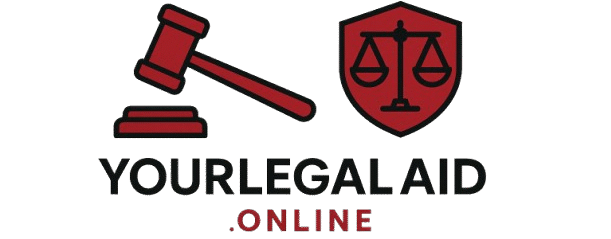Citation:
AIR 1978 SC 597 | (1978) 1 SCC 248
Bench Strength:
7 Judges (Constitution Bench)
Date of Judgment:
January 25, 1978
🧭 Background and Context
This case marked a watershed moment in the interpretation of Fundamental Rights, particularly Article 21 of the Indian Constitution, which guarantees “protection of life and personal liberty”.
In 1977, shortly after the Emergency had ended, the Janata Party government came to power. Maneka Gandhi, a journalist and daughter-in-law of former Prime Minister Indira Gandhi, had her passport impounded by the Government of India under the Passport Act, 1967, citing “public interest” but without giving her a detailed explanation or a chance to be heard.
She challenged this action as violative of her Fundamental Rights, especially under Article 21 (Right to Life and Liberty), Article 14 (Right to Equality), and Article 19(1)(a) (Freedom of Speech).
⚖️ Key Legal Issues
- What is the scope of Article 21?
Does it only protect against physical restraint, or does it include broader rights? - Is the procedure under law justiciable?
Must the “procedure established by law” under Article 21 be fair, just, and reasonable? - Are Fundamental Rights interlinked?
Can a law violating one right (e.g., freedom of movement under Article 19) be sustained simply because it technically complies with Article 21?
🧑⚖️ Arguments from Both Sides
Petitioner (Maneka Gandhi):
- Argued that impounding the passport without giving reasons or a hearing violated her Right to Personal Liberty.
- Claimed that the procedure under the Passport Act was arbitrary and unfair.
Respondent (Union of India):
- Argued that the procedure followed was in line with the Passport Act, 1967, and that the term “procedure established by law” under Article 21 did not necessarily mean due process.
- Cited earlier precedent (A.K. Gopalan case, 1950), which held that any law made by the legislature, even if unfair, satisfied Article 21.
🧾 The Verdict
The Supreme Court unanimously ruled in favor of Maneka Gandhi, but more importantly, it dramatically expanded the scope of Article 21.
Key Findings:
- Broadened the meaning of “Personal Liberty”:
Article 21 protects not just freedom from bodily restraint, but a wide spectrum of rights that make life meaningful. - “Procedure established by law” must be fair, just, and reasonable:
The Court overruled the narrow interpretation from A.K. Gopalan (1950), moving closer to the American concept of “due process of law”. - Interrelationship of Fundamental Rights:
The court held that Articles 14, 19, and 21 are not watertight compartments. Any law must satisfy all three to be constitutionally valid. - Right to Travel Abroad:
Although not specifically mentioned in the Constitution, it is an essential part of personal liberty under Article 21.
🧱 Principles Established
- Procedural fairness is a constitutional requirement.
- Natural justice is implicit in every law affecting life and liberty.
- All laws must be tested against the standards of fairness, non-arbitrariness, and reasonableness.
📜 Impact and Legacy
- Transformed Article 21 into a source of a wide array of rights, such as:
- Right to privacy
- Right to clean air and water
- Right to legal aid
- Right to a fair trial
- Right to livelihood
- Right to shelter
- Cemented the judiciary’s role as the guardian of individual liberty in post-Emergency India.
- Set the stage for later rulings like Justice K.S. Puttaswamy (Right to Privacy) and Common Cause (Right to Die with Dignity).
🧠 Trivia and Facts
- The judgment is known for its progressive and activist interpretation of the Constitution.
- This case revived public faith in the judiciary after its controversial role during the Emergency.
🧭 Conclusion
Maneka Gandhi v. Union of India is a cornerstone in the evolution of Indian constitutional law, turning Article 21 from a procedural formality into a living guarantee of human dignity. It empowered the judiciary to review state actions that may deprive a person of liberty without fairness, thereby strengthening individual rights against state overreach.
